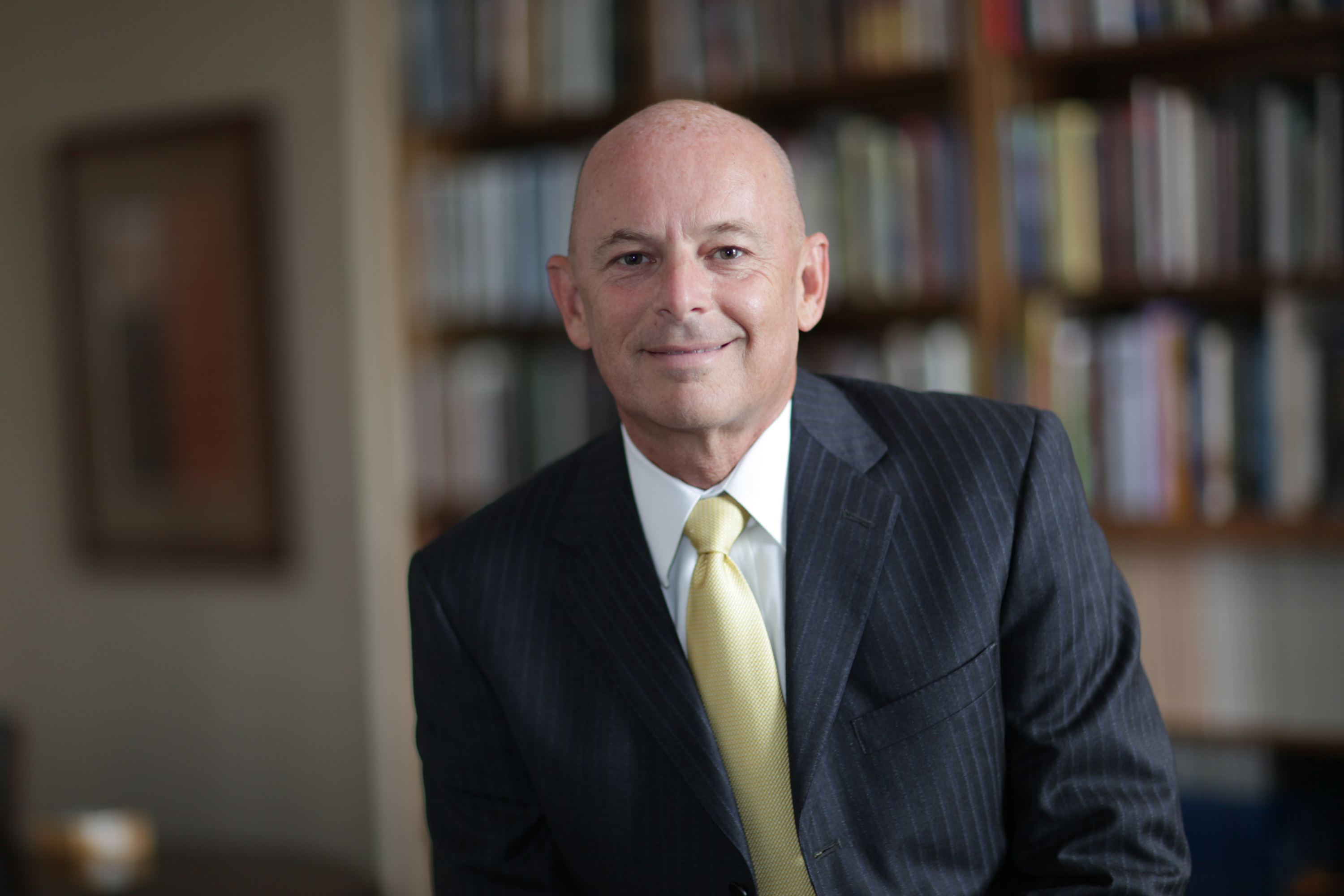Religious Youths Are Less Likely to Experiment with Drugs and Alcohol, Baylor Study Finds
Follow us on Twitter:@BaylorUMedia
Contact: Terry Goodrich,(254) 710-3321
WACO, Texas (Sept. 8, 2014) — Young people who regularly attend religious services and describe themselves as religious are less likely to experiment with drugs and alcohol, according to a new study.
The study of 195 juvenile offenders was done by researchers at Baylor University's Institute for Studies of Religion, the University of Akron and Case Western Reserve University School of Medicine. It appears in the journal Alcohol Treatment Quarterly.
Juvenile offenders in the study were referred by a court, mental health professional or physician to a two-month residential treatment program and were assessed by researchers at intake and discharge through interviews, medical chart reviews, drug screening and reports by youths, parents and clinicians.
Study findings, which support a growing body of research, suggest that young people who connect to a "higher power" may feel a greater sense of purpose and are less likely to be bothered by feelings of not fitting in, said researcher Byron Johnson, Ph.D., co-director of Baylor's Institute for Studies of Religion.
Researchers used four measures: alcohol or drug use, craving for alcohol or drugs; prosocial behaviors (service to others); and self-centered or narcissistic behavior.
Forty percent of youths who entered treatments as agnostic or atheist identified themselves as spiritual or religious at discharge, which correlated with a decreased likelihood of testing positive for alcohol and drugs.
"Daily spiritual experiences" such as prayer or worship also were associated with "a greater likelihood of sexual abstinence, increased prosocial behaviors and reduced narcissistic behaviors," researchers wrote.
Johnson noted that fewer adolescents today are connected to a religious organization than were youths of previous generations. Twenty-five percent of the millennial generation — people born between 1980 and 2000 — were not attached to any particular faith, Johnson said, citing a 2010 Pew Research report.
Among possible reasons that adolescents may opt not to experiment with drugs are religious instruction, support from congregations, or a conviction that using alcohol and drugs violates their religious beliefs, Johnson said.
"Changes in spirituality during treatment may serve as the 'switch' that moves youth off the track of substance dependency and onto the track of recovery and enhanced well-being," the article concluded.
Other researchers were Matthew T. Lee, Ph.D., of the department of sociology at the University of Akron in Akron, Ohio; and Paige S. Veta and Maria E. Pagano, Ph.D., both of the department of psychiatry, Division of Child and Adolescent Psychiatry at Case Western Reserve University School of Medicine in Cleveland.
The study was supported in part by grants from the National Institute on Alcohol Abuse and Alcoholism; the John Templeton Foundation; and Women in Science & Engineering Roundtable in conjunction with Support of Undergraduate Research & Creative Endeavors.
ABOUT BAYLOR UNIVERSITY
Baylor University is a private Christian university and a nationally ranked research institution, characterized as having "high research activity" by the Carnegie Foundation for the Advancement of Teaching. The university provides a vibrant campus community for approximately 15,000 students by blending interdisciplinary research with an international reputation for educational excellence and a faculty commitment to teaching and scholarship. Chartered in 1845 by the Republic of Texas through the efforts of Baptist pioneers, Baylor is the oldest continually operating university in Texas. Located in Waco, Baylor welcomes students from all 50 states and more than 80 countries to study a broad range of degrees among its 11 nationally recognized academic divisions. Baylor sponsors 19 varsity athletic teams and is a founding member of the Big 12 Conference.
ABOUT THE INSTITUTE FOR STUDIES OF RELIGION
Launched in August 2004, the Baylor Institute for Studies of Religion (ISR) exists to initiate, support and conduct research on religion, involving scholars and projects spanning the intellectual spectrum: history, psychology, sociology, economics, anthropology, political science, epidemiology, theology and religious studies. The institute's mandate extends to all religions, everywhere, and throughout history, and embraces the study of religious effects on prosocial behavior, family life, population health, economic development and social conflict. While always striving for appropriate scientific objectivity, ISR scholars treat religion with the respect that sacred matters require and deserve.

